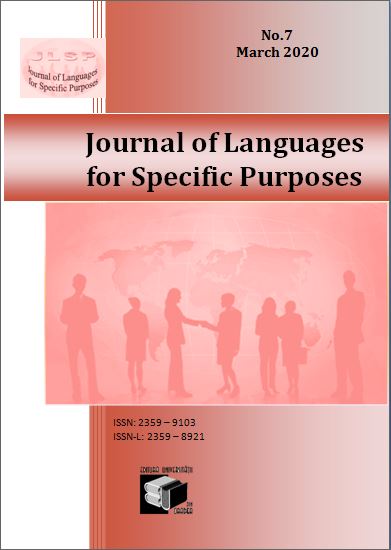Tax Receivable Agreement Valuation
The estimate of commitments under the tax treaty is, by nature, inaccurate and subject to material assumptions as to the amount and date of future taxable income. Due to the 13.7 million Class B units traded to date for Class A shares, TRA`s potential future liability is $37.5 million, which was not accounted for as a result of the valuation allowance for deferred tax assets, with the exception of $0.8 million, as the company achieved cash tax benefits under the tax guarantee agreement. While the most important asset that is amplified is often goodwill, an assessment of all the company`s assets is required to determine the step by asset. If other assets are increased, it is necessary to assess when this additional basis would be implemented tax-wise. Traditionally, legacy partners obtain super-voting shares in the new C Corp public and therefore retain control of the old and C Corp businesses. Therefore, booking for accounting purposes is not covered by accounting purchasing rules and there is no leap for accounting purposes. This inherent difference between the accounting asset base and the tax value base creates a significantly deferred tax asset. An assessment of future income is required to determine whether there is sufficient revenue to take advantage of this deferred tax asset. This analysis may indicate that an assessment allowance is required in relation to the deferred tax payable. It has become common for public shareholders to tend not to attribute the full value to a company`s tax attributes. Similarly, public shareholders do not appear to abandon the value of a capital company to fully account for future payments under a TRA. One possible explanation is that the tax attributes, and in particular the terms of the ACCORDS, are not fully understood by public shareholders, although these agreements are made public. One consequence is the increased interest of some investors in acquiring payment rights under existing tax receivable agreements (TRAs).
In short, ACCORDS are agreements made by a company (a “pubco”) as part of an IPO to monetize Pubco`s tax attributes after the IPO for the benefit of owners prior to the IPO and investors who acquire payment rights under TRAs to such pre-IPO owners.





